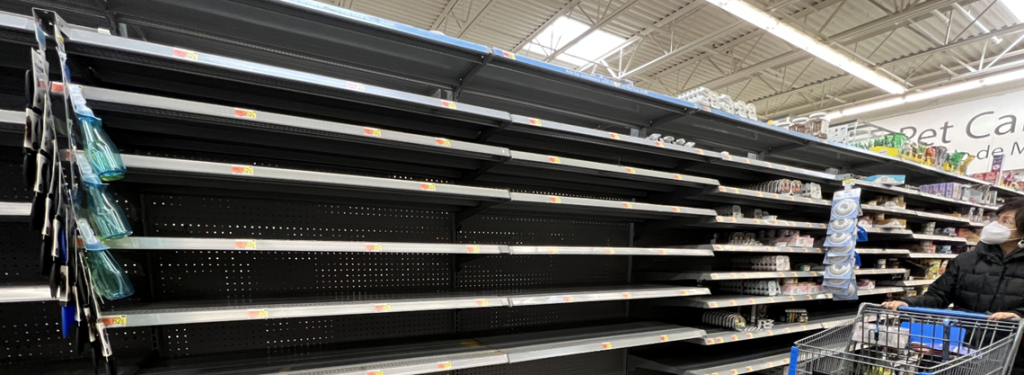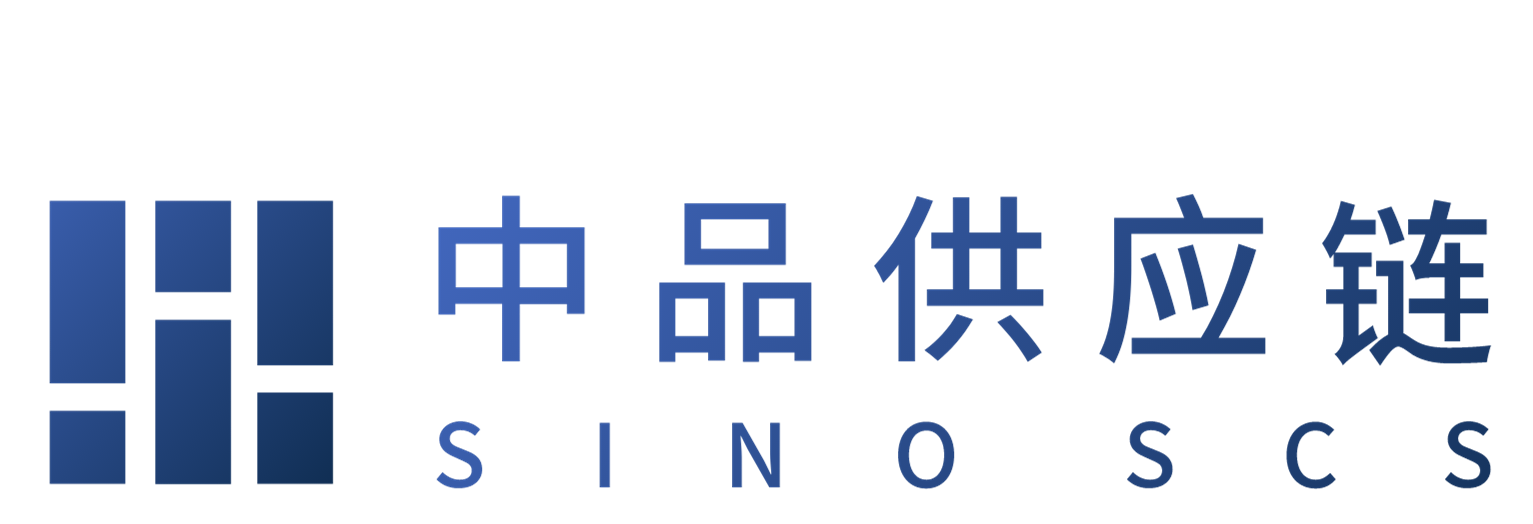Do supply chains have trust issues?

A lack of trust throughout the supply chain is impacting the operations of suppliers and buyers, increasing exposure to risk, and exacerbating volatility, a report has found.
Many suppliers are losing the trust of their buyers, brands are losing the trust of their customers and stakeholders throughout the supply chain are becoming less trusting of their actors both upstream and downstream, a report by Deloitte found.
Increased volatility and consistent disruption over recent years has led to buyers questioning the ability of suppliers to “deliver to the same standard as before”, it said.
Deloitte’s survey of 1,037 supply chain executives across North America, Europe, the Middle East, Africa and Asia-Pacific regions between January and February of this year identified customer experience, company culture, and supply chain operations as critical factors dependent on trust.
The report, which analysed trust by assessing how an organisation performs across four “trust factors” including humanity, transparency, capability, and reliability, asked executives of large multinationals to assess how well they believe their downstream buyers view the company’s performance across each factor, which were compared to a study that asked buyers to assess their supply chain partners.
By comparing the data across the two studies, the report found across all four metrics executives overestimated the trust in their organisations’ supply chains by an average of 20%.
Of the four studied metrics, reliability and transparency were identified as “paramount” to organisational performance, demonstrating a “statistically significant relationship” with annual revenue growth and an organisation’s ability to maintain operational consistency through supply chain shocks.
Companies which scored well on buyer and supplier trust were 2.5 times more likely to have achieved 15% or higher annual revenue growth in the past year, 2.8 times more likely to be resilient against external shocks or crises, and 2.1 times more likely to maintain operational consistency through most supply chain shocks.
It added C-suite executives should grow trust in their supply chain to “mitigate operational risk, improve resilience, protect the brand, make strategic decisions, and enable growth”.
It warned that customers may not trust they can purchase a brand’s products when they need them most, suppliers may lack confidence in an enterprise’s ability to scale demand, and board members and investors may lose trust in the organisation’s ability to navigate a complex environment.
High energy bills, commodity shortages, input prices soaring, and geopolitical uncertainties are all having an impact on trust, it added, leading to customers seeking more affordable alternatives and buyers to consider partnering with the competitors of their previous suppliers.
When trust is high across the supply chain, however, organisations are “much better positioned” to collaborate with buyers and vendors, share critical information, and capitalise on market opportunities in a concerted manner.
“Trusted relationships are often critical to supply chain performance,” the report emphasised. “When trust is impaired, the damage usually cascades across the business ecosystem. However, while trust is deemed important in boardrooms and in the C-suite, insufficient attention is often being paid to this topic today.”
Only 14% of surveyed executives have a way to track stakeholder trust across the organisation, and 63% of board members admit that they either do not discuss trust or have no “fixed cadence” to discuss trust.
In order to restore trust throughout supply chains and reduce exposure to crises, it advised stakeholders to invest in technology to better forecast demand and drive visibility, and align with customer and employee values. Organisations with high levels of supply chain trust are more likely to be investing in actions and technologies that help create a more reliable and predictable supply chain.
Additionally, they are more likely to make visibility into sustainability a priority, whether through data analytics or disclosure. Further, these firms are more likely to make talent development and growth a priority, as well as continually ensuring their supply chains are updated and defined by customer values.

